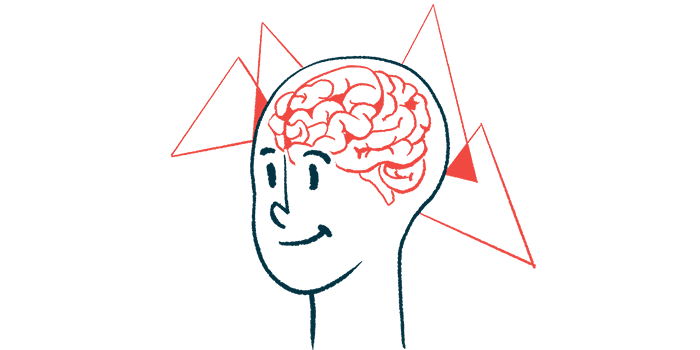First 2 Groups Enrolled in Phase 1/2 Trial of Gene Therapy AMT-130
Written by |

The first two dosing groups in a Phase 1/2 trial of AMT-130, uniQure’s investigational gene therapy for Huntington’s disease, are now fully enrolled.
The trial (NCT04120493), being conducted across 12 U.S. locations, is assessing the safety and tolerability of a single AMT-130 infusion into the brains of patients with early-stage Huntington’s. It also will collect proof-of-concept data on the treatment’s clinical efficacy.
“We are very pleased to have completed the enrollment of the first 26 patients in this ongoing clinical trial,” Ricardo Dolmetsch, PhD, uniQure‘s president of research and development, said in a press release.
“It’s a major milestone for the trial and an important achievement for our clinical operations team. Our investigators have done an exceptional job in enrolling this important study,” Dolmetsch added.
AMT-130 is composed of a small portion of synthetic genetic material called microRNA (miRNA) that can bind to the messenger molecule carrying the genetic information necessary to make huntingtin protein and mark it for degradation. This results in the decreased production of the abnormal huntingtin protein, the underlying cause of Huntington’s disease.
The gene therapy is infused directly into the striatum — a brain region involved in movement, which is particularly affected in Huntington’s — and is carried inside nerve cells via a modified, noninfectious virus called adeno-associated virus (AAV).
A total of 26 patients have now been enrolled into two dosing groups for the Phase 1/2 trial. In each, participants are randomly selected to receive either an AMT-130 infusion or an imitation surgical procedure (sham). In the first group of 10 participants, six have received treatment with the gene therapy and four received a sham surgery. The second group includes 16 patients, 10 of whom received a second, higher dose of the treatment and six who underwent the sham procedure.
Patients will be monitored blindly for one year — meaning that neither the participants nor the clinicians monitoring them are aware of who received the therapy and who the sham surgery. After one year, the study will be unblinded, but participants will continue to be monitored for an additional four years of follow-up.
The trial’s main goal is to assess the treatment’s safety. Adverse outcomes and brain levels of AMT-130 will be measured over time. Levels of the mutant huntingtin protein and neurofilament light (NfL) — a marker of nerve cell damage — also will be measured.
The unified Huntington Disease Rating Scale (UHDRS), Quantitative Motor Testing, and the Huntington’s Disease Cognitive Assessment Battery will be used to monitor disease progression.
uniQure last year announced early results from four patients enrolled in the first group. Two had been given a low dose of AMT-130 and two received sham surgery. Data showed that after one year, the treatment was well-tolerated, with no serious adverse events reported; no significant safety findings were observed in MRI scans.
In the two treated patients, NfL levels rose immediately after surgery, then returned to normal, which was expected, according to uniQure. NfL levels remained constant in the two patients given the sham surgery. Mutant huntingtin protein levels were highly variable and inconclusive at that time.
“We look forward to providing a clinical update in the second quarter of this year from the 12-month interim analysis of the 10 patients in the first cohort, including safety, mutant HTT protein (mHTT) and neurofilament light chain (NfL) data,” said Dolmetsch.
According to uniQure, full results from both dosing groups are expected in 2023.
“We also remain on track with the enrollment of our European open-label clinical trial of AMT-130 and plan to begin a third patient cohort in the U.S. to explore an improved administration procedure,” Dolmetsch said.
That third group in the U.S. study will comprise 18 additional patients, in whom a new surgical technique designed to simplify the infusion methods will be explored. Recruitment has not yet started for that group, but more information on contacts and locations will be available here. Study sites range from California to Florida, and from Michigan to Texas.
As noted by Dolmetsch, an open-label Phase 1b/2 trial (EudraCT 2020-001461-36) of AMT-130 is underway in Europe, and intends to enroll 15 patients with early-stage Huntington’s disease across two dosing groups. The first two patients already have been dosed, the company announced last month.
Much the same as the U.S. study, this trial will establish AMT-130’s safety and proof-of-concept, in addition to determining an optimal dose for potential use in a pivotal study aimed at moving the treatment toward regulatory approval.




